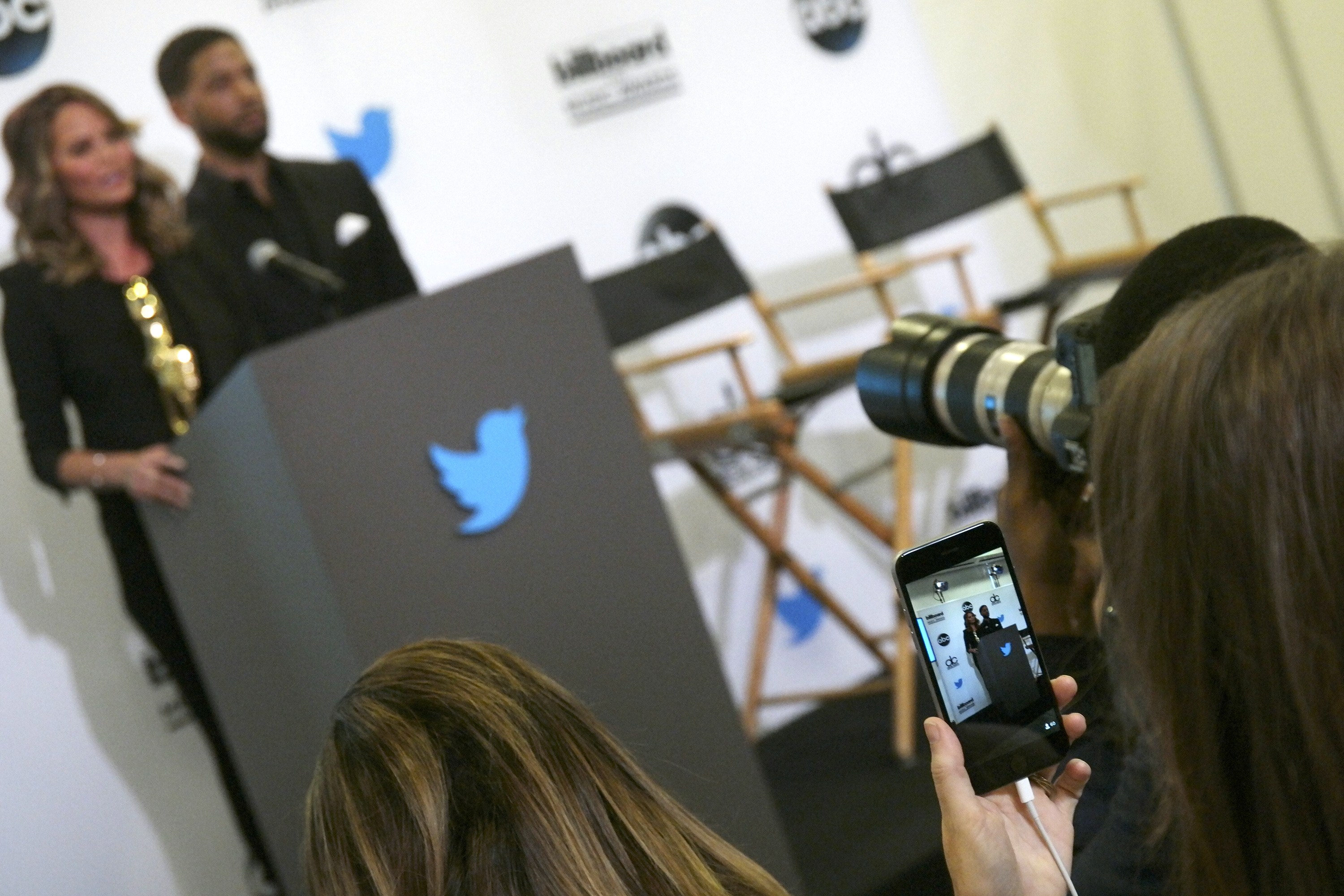Confessions of a budding Periscope addict
I want hearts. When I don't get them, I wonder what's wrong with me.


A free daily email with the biggest news stories of the day – and the best features from TheWeek.com
You are now subscribed
Your newsletter sign-up was successful
If you're an enterprising book editor and want to capitalize on the latest Internet of Things iterative technology that will drive someone absolutely bonkers in an entertaining and hopefully not tragic way, I recommend that you check out the cadre of would-be broadcasters who use Periscope, Twitter's new live video broadcasting tool.
Periscope allows anyone, anywhere, to create live broadcasts. If you've got a Twitter account, Periscope integrates perfectly, notifying your followers when you start broadcasting. If you don't have a Twitter account, that's fine too. (Although the obvious play here is for Twitter to capture a demographic that is trending away from its core proposition — text, words, limits on characters — and trending toward social media platforms that are unlimited, engagement-oriented, and operate in real-time.)
With a little pushing, Periscope could become the vessel of choice for histrionic millennials, and for anyone else who wants attention. Periscope will surely launch the careers of young broadcasters, too, in the same way that Vine and YouTube have created entire self-contained ecosystems. (What makes someone a good YouTube star might not make them a person I want to see on live TV.)
The Week
Escape your echo chamber. Get the facts behind the news, plus analysis from multiple perspectives.

Sign up for The Week's Free Newsletters
From our morning news briefing to a weekly Good News Newsletter, get the best of The Week delivered directly to your inbox.
From our morning news briefing to a weekly Good News Newsletter, get the best of The Week delivered directly to your inbox.
There's a simple, ingenious feature that Twitter cooked up — the feature to kill all features. It's an obvious derivative of static "likes" on Facebook and YouTube, but I think it will turn Periscope into an addictive platform for broadcasters and exhibitionists. Press the screen during a broadcast you're watching and a heart appears on the screen. Hearts, hearts, and more hearts. Howie Mandel, the entrepreneurial comedian, has been "Scoping" for awhile now; when hearts don't appear as he talks, he asks for them. Hearts signify approval, love, validation.
Earlier this week, I experimented. While waiting to pick up a friend at Los Angeles International Airport, I opened the app and began to broadcast. I had parked my car on a road next to a runway at LAX, so the planes on approach to the airport flew right over me. The visual seemed cool. But as I started to talk, and as the number of viewers started to rise, I felt pressure to be more interesting. Showing an airplane every two minutes or so wouldn't do — and silence wouldn't get hearts; silence also lost viewers. So I started to talk. I didn't really vet what came out of my mouth. I began to realize how easy it would be to say something provocative.
Cigarettes are nicotine delivery devices. Periscope is a validation delivery device. When you broadcast, you want hearts. When you don't get them, you wonder what's wrong with what you're saying, so you start to push the envelope. If you're telling a story, you embellish because you want more approval, in real-time, from your audience. You collect hearts, too, and you can see how many hearts a broadcaster has. Hearts — and followers — help you determine whether a Periscope user is popular.
Like YouTube, Periscope's going to be great for the beautiful and the talented.
A free daily email with the biggest news stories of the day – and the best features from TheWeek.com
But the specific incentives of the platform promote the bold, the attention-seeking, the validation-craving.
Periscope addiction is inevitable.
Marc Ambinder is TheWeek.com's editor-at-large. He is the author, with D.B. Grady, of The Command and Deep State: Inside the Government Secrecy Industry. Marc is also a contributing editor for The Atlantic and GQ. Formerly, he served as White House correspondent for National Journal, chief political consultant for CBS News, and politics editor at The Atlantic. Marc is a 2001 graduate of Harvard. He is married to Michael Park, a corporate strategy consultant, and lives in Los Angeles.
